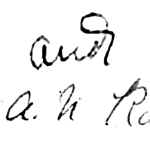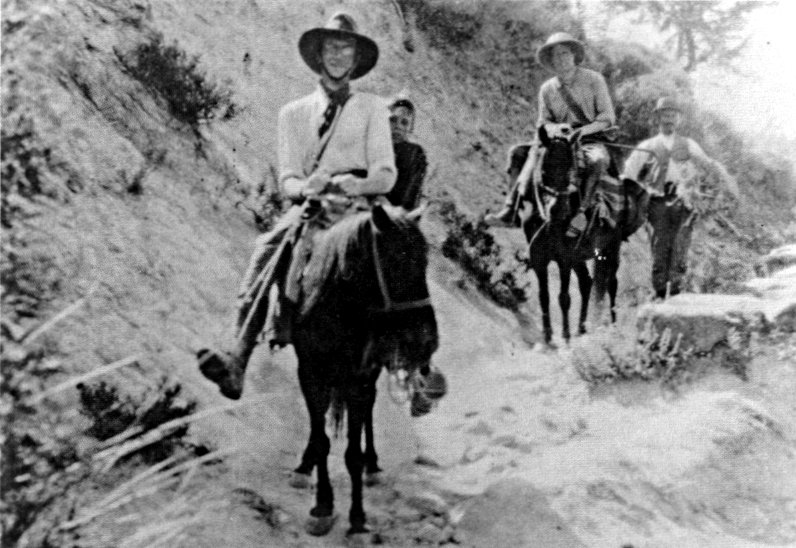15th January 1915
Yesterday the Dorsets’ diary placed the battalion about Dranoutre. Today the battalion are at Dranoutre. Who knows if that means they moved a few yards or none at all. To be honest, the war diary entries are so short now, I am looking for meaning where there probably is none.

I’ve never really taken any notice before, but the war diary is signed to the right of every entry. The initials are hard to discern. I’d always assumed that they were some arcane military scribble, but I now think they are the initials of the ever-present Adjutant, Captain A.L. Ransome*. I’ve found his medal card and I believe his handwriting is on the back. I’ve posted a Photoshop image of the two and I think it’s a pretty close match. He’s the writer of our ever-duller diary. I also believe that he’s the glue holding the battalion together and had little time for niceities. Or diaries.
If we pull back a little out to the 15th Brigade, their diary entry records that the weather was improving, so more work could be carried out on the trenches. Improving weather, however, meant more activity from artillery and that’s exactly what the Bedfords experienced in the afternoon, losing an officer, Captain Basil John Orlebar to a direct hit on one of their dugouts, along with 4 other men. Orlebar was a Territorial who was a Civil Engineer in civilian life and is mentioned by name in Gleichen’s memoirs when he drew up a scheme for flooding the land around Missy when the 5th Division was clinging perilously to the north bank of the Aisne in September. The brigade withdrew from Missy before the plan could be carried out.
Out to the 5th Division and their entry reports that the night was lively with trench mortars, hand grenades and musketry keeping both sides busy, as well as shouting and cheering from the 14th Brigade, which wound the Germans up no end.
Further afield still, we turn our attention southwards and back to the River Aisne. On the 9th January the French had launched an assault on the Germans ensconced on the heights above Soissons, a key city on the banks of the Aisne. Initial success turned sour when the raging Aisne broke its bank and tore its way through the French pontoon bridges. The French were forced to retreat. The Germans counterattacked at the same time, with the whole campaign ending in disaster for the French with 12,000 men killed or captured. The Telegraph writes “there is little fear here that the Germans will succeed in taking Soissons” and summarises that it is too early to know who has won the engagement, but that the Aisne itself would decide the outcome as, in its flooded state, it ultimately prevented the Germans from taking the city. The two sides dug in defensively and Soissons was slowly pounded into a pile of rubble.
* He’s, deservedly, a Brigade Major by the end of the war.
